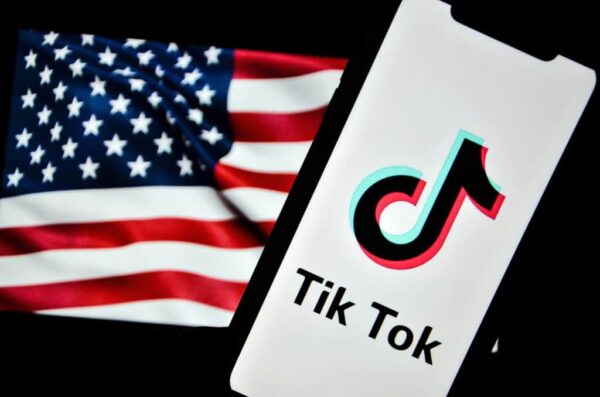
Newsletter Subscribe
Enter your email address below and subscribe to our newsletter

The clock is ticking for TikTok. By Jan. 19, the app could face a total ban in the U.S. unless the Supreme Court steps in. The bipartisan law pushing for this ban could force TikTok to stop working entirely. Here’s what it means for millions of users.
On Friday, Jan. 10, the Supreme Court heard arguments on whether to delay the ban. TikTok argues the law violates free speech for its American users. However, most justices seem ready to rule against TikTok. They don’t see the law as a free speech violation since TikTok’s Chinese owners, ByteDance, could sell the app to comply.
Justice Elena Kagan pointed out, “The law is only targeted at this foreign corporation, which doesn’t have First Amendment rights.” A ruling is expected soon, given the looming Jan. 19 deadline.
The U.S. government fears China’s government could misuse TikTok’s data to harm Americans. This led Congress to pass the law, which President Biden signed last year. The legislation requires ByteDance to sell TikTok or face a ban.
Other countries, like India, have already banned TikTok over similar concerns. Meanwhile, China has blocked major U.S. platforms like Facebook and YouTube.
TikTok calls the law unfair. They say it’s based on “inaccurate, flawed, and hypothetical information” and amounts to censorship. “The government doesn’t get to say ‘national security’ and end the discussion,” said Jeffrey Fisher, a lawyer for TikTok users. “They need to show real harm.”
Lower courts agree the government has valid national security concerns. Solicitor General Elizabeth Prelogar defended the law. She argued TikTok could keep operating if ByteDance sells it. “This law removes the ability of a foreign adversary to access our data,” she said.
Justice Amy Coney Barrett backed this idea, saying, “The law doesn’t demand TikTok shut down. It says ByteDance must divest.” Justice Samuel Alito added, “If TikTok went dark, wouldn’t another media company fill the gap?”
However, Justice Neil Gorsuch questioned whether the law is too extreme. He suggested a disclaimer about China might address concerns instead.
Incoming President Donald Trump has also weighed in. He filed a brief urging the court to pause the law. Trump wants time to handle the issue politically once he takes office.
If ByteDance refuses to sell TikTok, U.S. internet services will be barred from supporting it. TikTok calls this a “total ban,” though the app won’t disappear instantly.
If the law takes effect, TikTok will vanish from app stores like Apple and Google. It will also become inaccessible via browsers in the U.S. Companies violating the ban could face hefty fines.
Existing TikTok users might still access the app after Jan. 19. But without updates, the app will likely become harder to use over time. New users won’t be able to download it.
TikTok attorney Noel Francisco warned, “We go dark. Essentially, the platform shuts down.”
The new law requires TikTok to let users retrieve their data. This includes videos and posts. Users must request their data before the Jan. 19 deadline.
A Supreme Court ruling is expected any day. If the justices don’t block the law, TikTok’s fate will rest on ByteDance’s decision. Will they sell the app or face a U.S. ban?
Stay tuned. The countdown to Jan. 19 has begun.